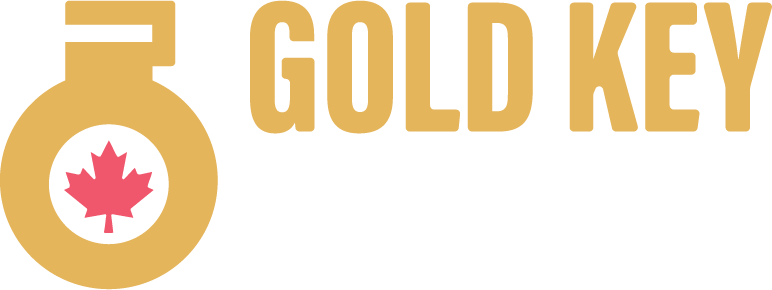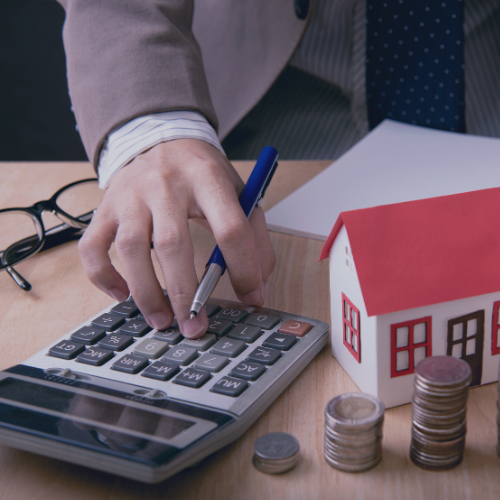1. When should I file taxes on selling a house?
For tax purposes, you should file the taxes on selling a house after obtaining the tax clearance certificate. Typically, this occurs between late February and the end of April in the second year following the sale of the house. For example, if the final date of property transfer falls between January 1st and December 31st of 2022, the tax filing period would be from February 20th to April 30th of 2023.
2. When I received the tax clearance certificate, it was already past the deadline for filing. What should I do?
You can still proceed with the filing, but there is a possibility that you may incur fines or interest due to the late submission. However, it is also possible that the tax authorities may consider their own delay and waive the fines and interest during the processing. Since it is a delay on the part of the tax authorities, you can apply to them for the waiver of these fines and interest. We can provide assistance by drafting a letter to the tax authorities on your behalf, requesting the cancellation of the fines and interest. Please note that there may be additional charges if you require further expedited processing from the tax authorities.
3. Why is the final closing report from the selling lawyer necessary?
When declaring deductions for your selling expenses (such as agent fees, lawyer fees, accounting fees, etc.), the tax authorities require proof of documentation. Typically, these documents can be found in your comprehensive lawyer's handover closing report. If they are not included in the lawyer's documents, we will request the corresponding files from you.
4. Why is the global income amount from the year of selling the property necessary? Do I need to pay additional taxes in Canada?
The global income amount is not required for reporting taxes in Canada. It is solely for the tax authorities' reference to determine whether the property owner qualifies for the Canadian tax exemption threshold. If 90% or more of the owner's income in that year comes from Canada, they can benefit from Canada's basic tax exemption threshold, which can help them receive a higher tax refund.
5. Do I need to provide proof of income documents?
Proof of income documents are not required during the initial reporting. However, if the tax authorities choose to conduct an audit later on, you may be required to provide them.
6. Why do you need to know my marital status? And what specific timeframe is required?
Similarly, it is used to calculate your tax exemption threshold and may increase your eligible tax exemptions. What is needed is your marital status as of December 31st of the year in which you sold the property. If there were any changes in your marital status during that year, please provide the status as of December 31st.
7. Does my spouse's income need to be taxed in Canada?
Similar to your situation, your spouse's income does not need to be taxed in Canada. This information is for the tax authorities' reference only, and no documentation is required during the reporting process. However, if there is an audit, you may be asked to provide supporting documents.
8. I do not have a valid mailing address in Canada. Can I use an overseas address for receiving mail?
While the tax authorities can mail documents to overseas addresses, we strongly discourage using an address outside of Canada or the United States. Since the tax agency's correspondence is typically sent via regular mail without tracking, using an overseas address may increase the risk of mail getting stuck or lost during the shipping process, making it difficult to track or retrieve the documents.
9. Can I use your company's address for receiving mail?
No problem, we can help you receive mail. Once the mail is received, we will send it to you via email, so please keep an eye on your email for notifications. If there is a need to mail any checks, please note that there will be additional processing fees and postage costs involved.
10. How much refund can I expect?
The refund amount is influenced by various factors, such as deductible expenses, pre-paid taxes, tax exemption thresholds, and more. We would need to perform a detailed calculation to determine your specific refund amount. Unfortunately, without conducting the calculation, it is not possible to provide an estimate of your refund amount. We appreciate your understanding in this matter.
11. How will the tax authority refund me?
There are two ways to receive tax refunds. The first method is to have a check directly mailed to your designated address without any additional setup. However, there is a possibility of issues if there are errors in the spelling of the name on the check, which may prevent it from being deposited. The second method is to have the tax authority refund the money through direct deposit into your bank account. This requires setting up the direct deposit with the tax authority. The advantage of this method is that the refund is deposited directly into your bank account, eliminating concerns about lost mail or name errors.
12. How should I set up direct deposit with the tax authorities?
Accountants as third parties cannot help you set up direct deposit with the bank. Currently, the Canadian tax authorities allow direct deposit to be set up directly through the bank. You can contact your bank to set up direct deposits. Most banks allow you to apply through their online banking website. If you encounter any issues during the setup process, you will need to contact your bank representative for assistance. If the bank is unable to set it up, you will need to contact the tax authorities for setup. (Please note that if you are filing taxes with the tax authorities for the first time, it is possible that they may not have your file, which could prevent you from setting up direct deposit.)
Here are the relevant webpage links from major banks regarding setting up direct deposit with the CRA (Canada Revenue Agency) for your reference:
TD: https://zh.td.com/ca/en/personal-banking/covid-19/direct-deposit/
CIBC: https://www.cibc.com/en/personal-banking/ways-to-bank/cra-direct-deposit.html
BMO: https://www.bmo.com/main/personal/ways-to-bank/cra-direct-deposit
HSBC: https://www.hsbc.ca/customer-service/cra-direct-deposit/
If your bank is not listed above, you can try searching for your bank's name followed by "set up CRA direct deposit."
13. After receiving a check, how should I deposit it?
If you can access online banking or mobile banking, after logging into your mobile banking, you can try using the mobile banking feature to deposit the check by taking a photo. We will provide a separate scanning feature for the check to facilitate the photo capture process.
If you are unable to access online banking or mobile banking, but you have a representative at your bank in Canada,we can also help you by sending the check to your representative, but please note that there will be an additional mailing fee incurred. You can contact your representative to assist you in setting up direct deposit and depositing the check.
If you don't have a bank in Canada,we also offer registered mail services to send the check to your overseas address (additional postage and handling fees will apply). You will need to confirm with your bank whether they can accept and deposit overseas tax refund checks.
14. How long does it take to receive a tax refund from the tax authorities after filing taxes?
Due to the need to verify all your accounts and ensure there are no outstanding taxes before issuing the refund, the process typically takes longer. However, as the processing speed is beyond our control and is determined by the tax authorities, we cannot provide you with an exact timeframe for the processing.
15. What should I do if I haven't received my tax refund from the tax authorities?
We will continue to assist you in monitoring the tax authorities' processing, but since we cannot control their processing speed, our role is limited to making inquiries. If, after six months from the submission of your declaration, the tax authorities have not completed the processing, you can choose to file a complaint application to urge them to expedite the process. The tax authorities' complaint department will assign a dedicated person to follow up and communicate with the internal staff handling the matter, and this may incur additional costs.
16. If there is an error in the calculation or processing by the tax authorities, what should I do?
Due to the requirement for non-resident taxpayers to submit their declarations in paper format, which involves manual data entry on the tax authorities' side, there is a higher probability of errors occurring. If there is an error in the calculation or processing by the tax authorities, we can provide one free assistance to help you request a correction from the tax authorities. Additional services such as follow-up or mailing may incur additional charges.





